Hardiness Zones Explained
Garden like a pro with helpful tips and guidance from the experts at Eden Brothers. Learn how to plant your seeds and bulbs using our guides and resources.
Gardening Lingo
If you’re a beginner gardener, some of the lingo associated with planting seeds and bulbs can be like learning a new language. Have you heard of a planting zone? Or a USDA zone? Or a hardiness zone? Maybe you can’t figure out the difference. You aren’t alone, and we’re here to help you make sense of something that sounds much more complicated than it actually is! Refreshing, right?
The U.S. Department of Agriculture (USDA) has conveniently categorized the whole country into 13 sections (or zones) based on weather data. The weather data is important because it lets growers and gardeners know what perennial plants are likely to withstand winter in their area. Notice the word “perennial”? Another bit of lingo! Perennial plants can come back year after year. Conversely, annual plants last only one season. For that reason, planting zones and annuals don’t have much to do with one another!
All about Temperature
If you’re hoping to plant your perennial seeds or bulbs once and see returning blooms each year, you’ll want to select plants based on their ability to survive winter. Every plant we (or anyone) sells has its own hardiness zone, simply meaning it can stand the coldest temperatures of that location. You’ll find that gardeners interchange the word hardiness with growing, planting, or USDA zones—it’s all the same. The low numbers represent the coldest areas of the country, and the high numbers belong to warmer areas. For instance, most Minnesota residents are in zones 3 or 4, while most Florida residents are in zones 9 or 10.
Factors beyond Zone
Of course, you can still plant things that may not survive the winter, or plant things outside your zone! You may take a risk and plant a hyacinth in zone 9, which is not recommended or likely to last past one season, and surprise… it comes back! On the flip side, perhaps you followed every recommendation to the T for planting dahlias, but only a few of your plants returned—it’s rare but can happen. Mother Nature can be a trickster! Other factors like precipitation, snow coverage, humidity, or elevation can even throw a kink into things and influence expected results.
All that is to say that understanding your zone and what to plant there is your best bet for successful veggies or flowers.
Finding your Zone & Plants
How do you determine your zone? Simply enter your zip code into our zone map and presto!
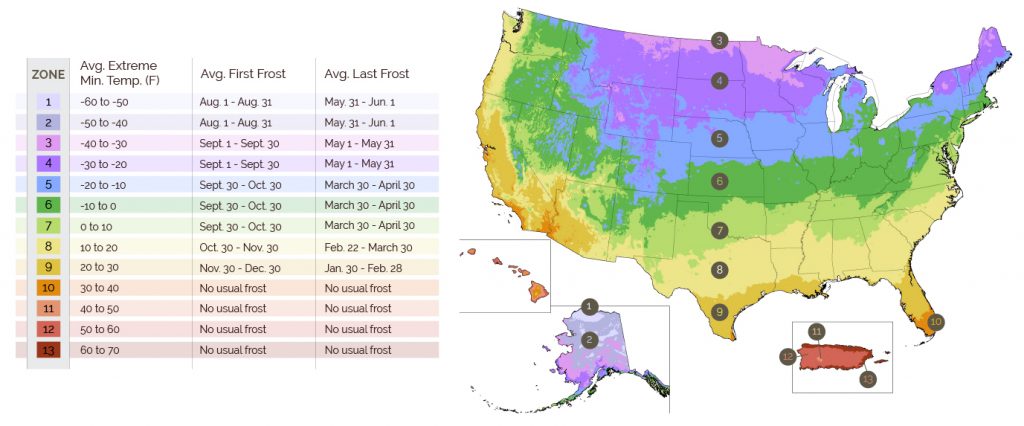
As you shop Eden Brothers’ store, you’ll see a filter for Hardiness Zone that identifies which seeds and bulbs are best for each zone.
If you’re ever usure about what to plant, our Customer Service team is available to help. Simply email service@edenbrothers.com.
Go forth and garden!
Learn More About Each Zone
-
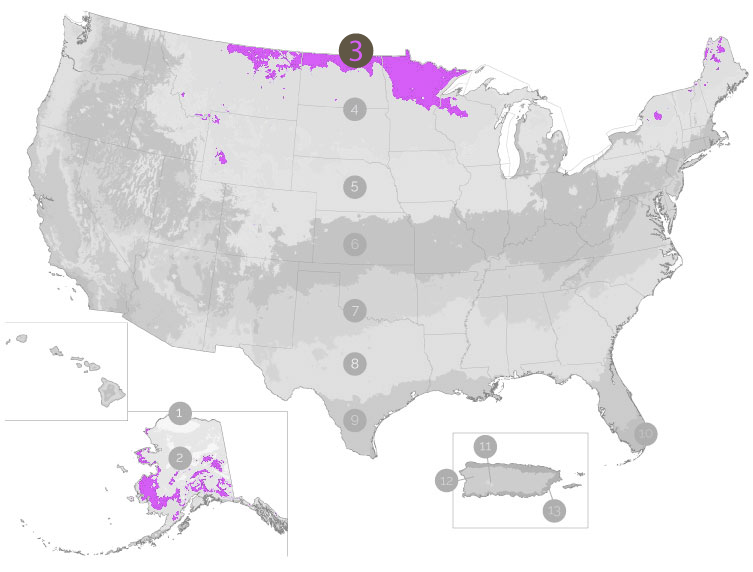
Gardening in Zone 3
Zone 3 gardening offers a unique and rewarding growing experience with colder temperatures and a shorter growing season that requires thoughtful planning.
-
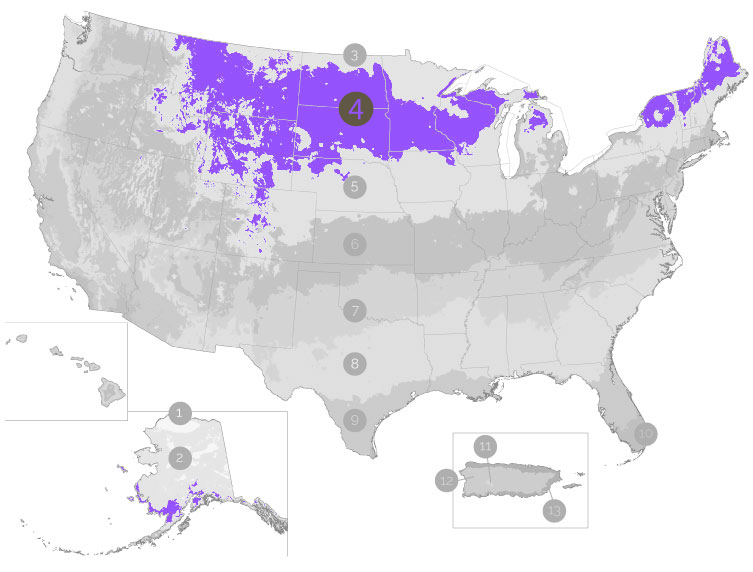
Gardening in Zone 4
Zone 4 offers a unique and rewarding opportunity to embrace the beauty of cold-hardy plants and creative growing techniques.
-
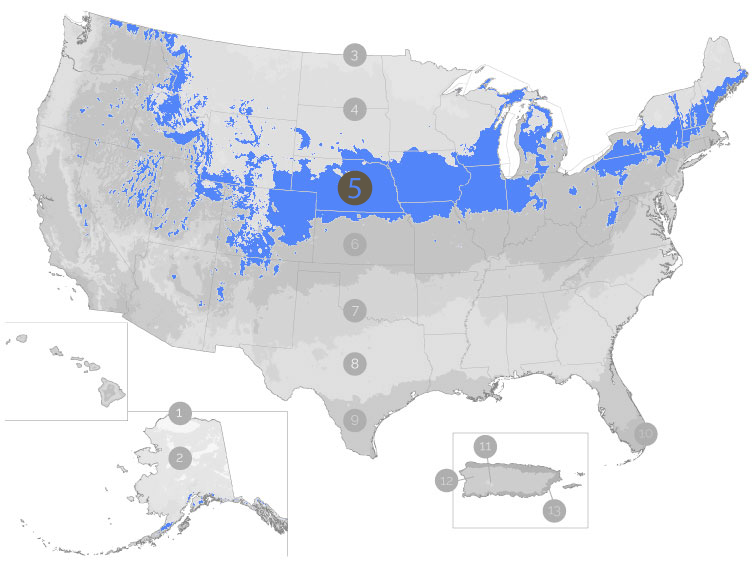
Gardening in Zone 5
Zone 5 enjoys true four-season gardening with its distinct seasons: snowy winters, fresh and rainy springs, warm sunny summers, and crisp, leaf-filled autumns.
-
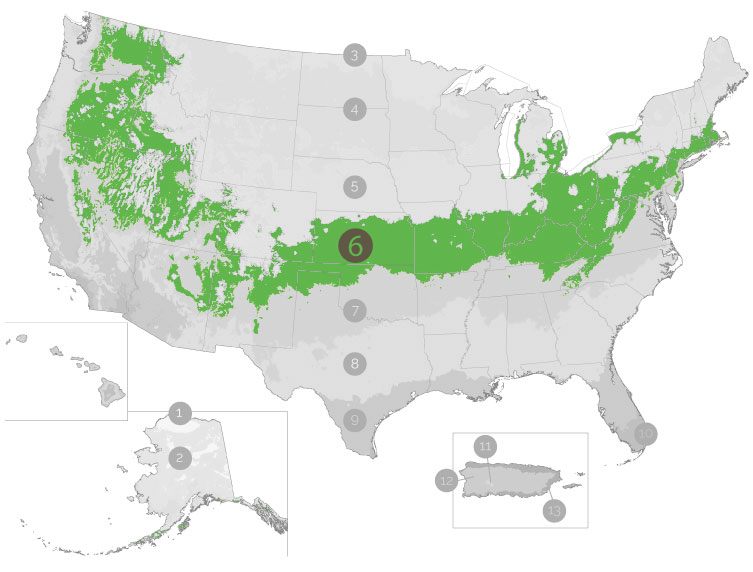
Gardening in Zone 6
Zone 6 offers a mild climate and a growing season that supports a wide range of plants. It’s ideal for both cold-hardy and warm-season crops, allowing for diverse vegetables, herbs, flowers, and fruits.
-
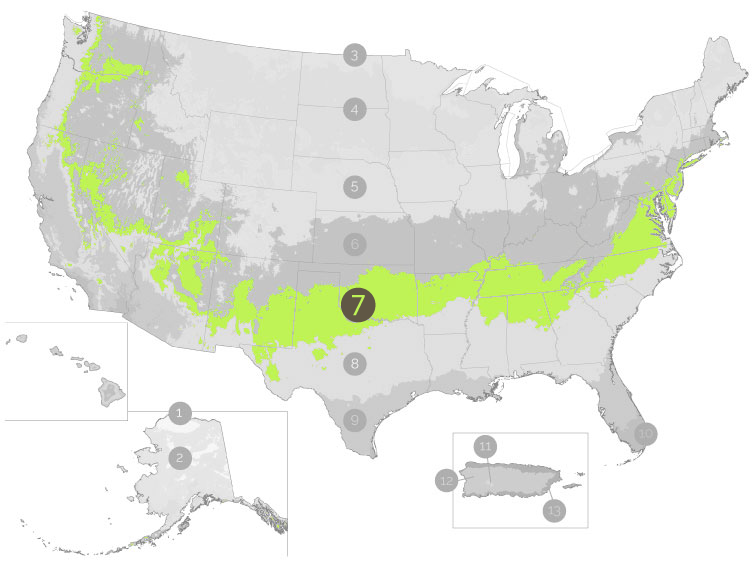
Gardening in Zone 7
Zone 7 is a gardener’s dream, offering a moderate climate that supports a wide range of plants and a growing season lasting from early spring to late fall.
-

Gardening in Zone 8
Zone 8 offers a long growing season with mild winters, making it ideal for a wide range of plants. For flower lovers, this is about as good as it gets!
-
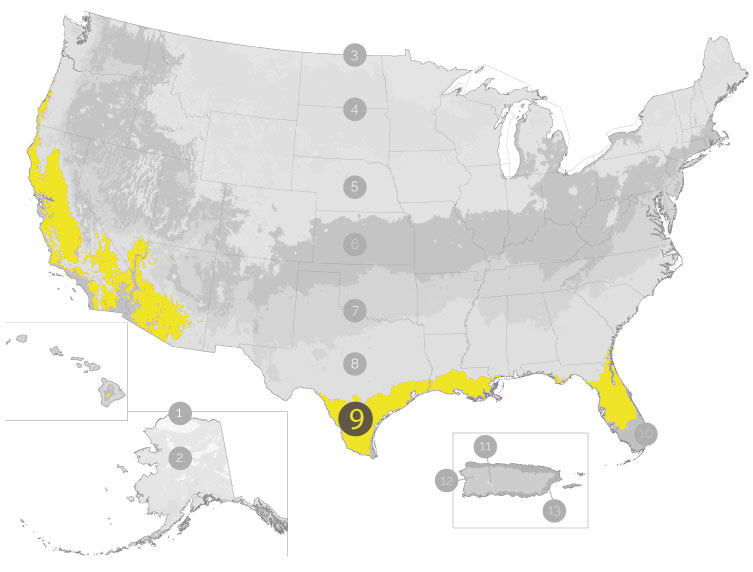
Gardening in Zone 9
Ah, sunshine! Gardening in zone 9 allows for a wide range of plants to thrive thanks to its warm climate and extended growing season.
-
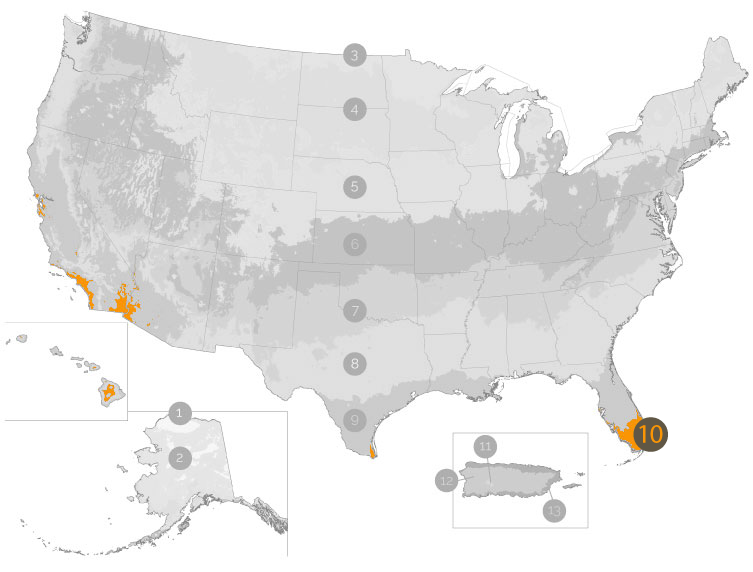
Gardening in Zone 10
Gardening in zone 10 provides a year-round growing season with mild winters and hot summers.